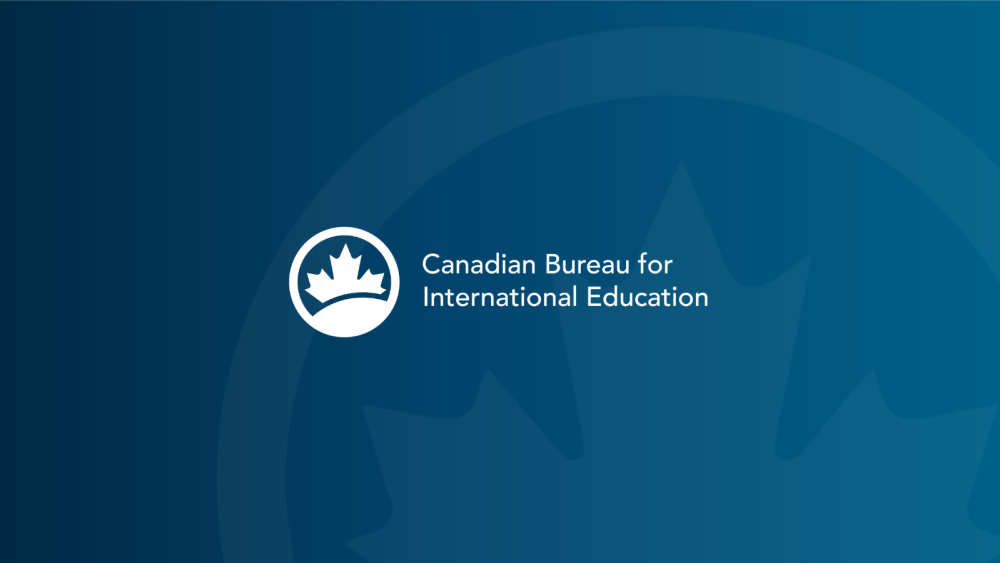The Canadian Bureau for International Education welcomes the Government of Canada’s Budget 2025 and the launch of the International Talent Attraction Strategy and Action Plan. This forward-looking initiative rightly recognizes the need to better align Canada’s immigration system with strategic labour market demands, and we are encouraged by the government’s commitment to strengthening pathways that connect global talent with national opportunity. The measures to welcome highly qualified international researchers, top international doctoral students and post-doctoral fellows, and international assistant professors are all important means to driving Canada’s innovation and growth agenda.
In order to achieve the ambitious goals outlined in the Canada Strong Budget 2025, Canada will also need highly skilled talent in a range of fields below the PhD level including in applied research, skilled trades, health, social sciences and humanities. Canada’s world-class education institutions—including universities, colleges, polytechnics, CEGEPs, language schools, and K–12 school boards—are foundational to this vision. These institutions are not only engines of academic excellence but also vital contributors to Canada’s economic resilience, community capacity building, global engagement and sovereignty. They cultivate the talent, skills, and intercultural competencies – both domestic and international – that drive innovation and inclusive growth across every region of the country.
Furthermore, Canada’s education institutions play a critical role in advancing the Government of Canada’s trade diversification objectives. Through international education partnerships, research collaboration, and the attraction and retention of global talent, these institutions contribute to expanding Canada’s economic relationships, enhancing innovation capacity, and strengthening foundations for sustainable and inclusive trade development.
The reputation of Canada’s international education sector was severely damaged by previous policy changes, an uncertain policy context, and lack of a national narrative about the changes to prospective international students. As a result, the sector has experienced a significant erosion of international student interest in Canada. The numbers of new international students have been further hampered by a dramatic decline in study permit approval rates.
We are concerned that the new study permit caps will further diminish Canada’s standing as a destination of choice for international student talent. International students enrich our campuses, communities, and labour force, and their presence is integral to Canada’s global competitiveness and demographic sustainability. We must work collectively to attract and grow the high-quality international talent Canada needs within this new policy framework, and to ensure that Canada remains a welcoming and supportive destination for learners and talent from around the world.
CBIE will continue to work collaboratively with the Government of Canada to ensure that our education institutions are fully engaged and play a central role in building a stronger, more resilient, and globally connected Canada.



Comments are closed.